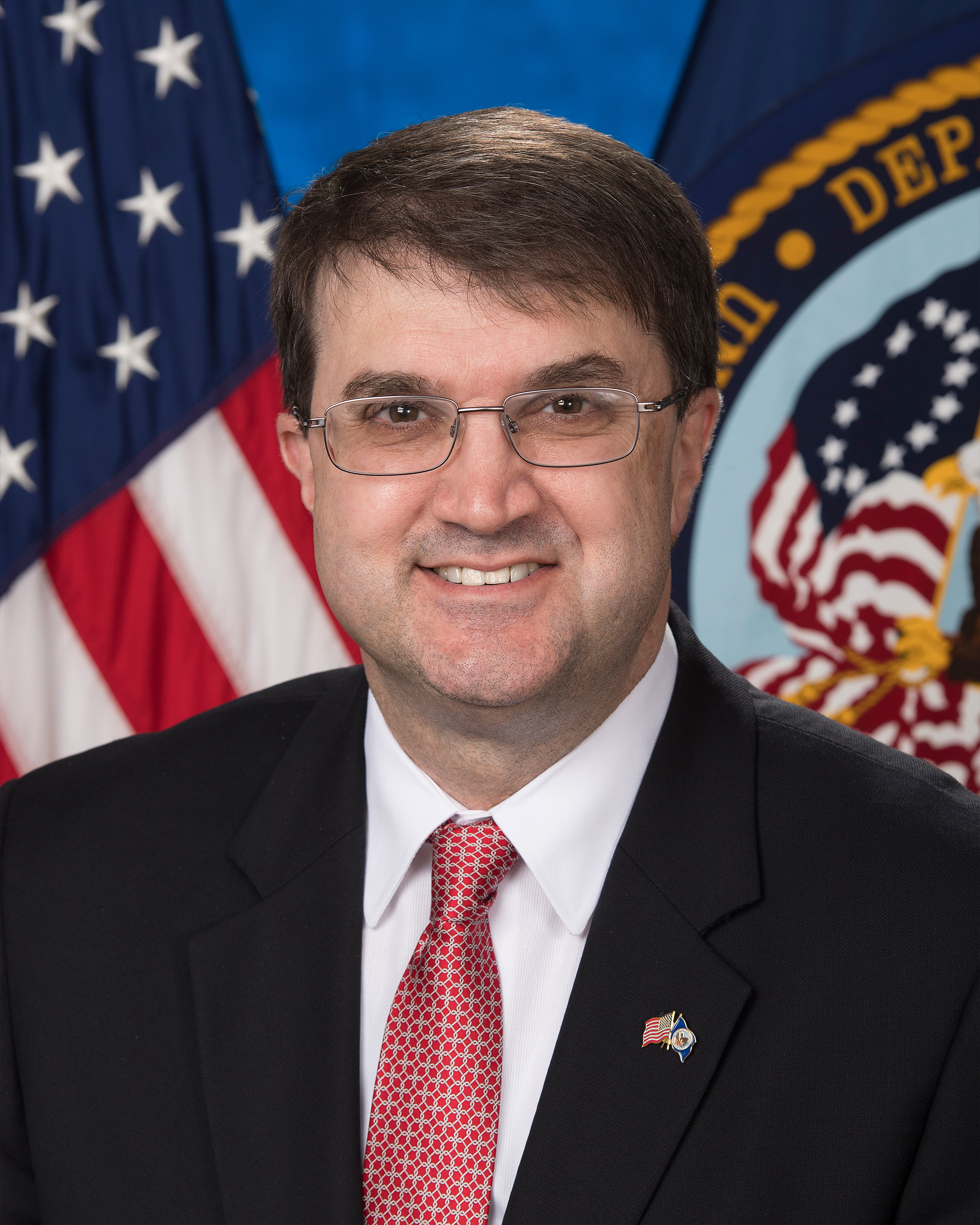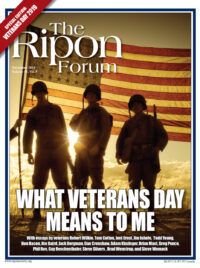
President Lincoln captured the essence of Veterans Day decades before America invented it.
During the Civil War, in summertime, Lincoln lived in a small cottage a few miles north of the White House. From there, he commuted back and forth to his strenuous job of trying to keep the nation from splintering in two.
That commute put him in daily contact with Union soldiers who were being taken to hospitals in the north of the city. A report from those days saw Lincoln riding alongside the wounded “for a considerable distance, conversing freely with the men.”
Lincoln knew as well as anyone who ever lived that those who wear the uniform are among the most important ways we have of protecting and defending those sacred ideas written into our founding documents. In 1864, he made that clear in a speech to the 189th New York Volunteers, in which he thanked them for supporting his government:
“To you who render the hardest work in its support should be given the greatest credit.”
More than 150 years later, we continue to celebrate those who love the country so much they would risk all to defend it. Many of our families tell the story of service to this great country.
My great-grandfather left a small-town law practice to join the Army in World War I, while my wife’s grandfather found himself marching up the Champs-Elysees in Paris into the Meuse-Argonne offensive at the age of 18.
My military record is modest compared to my ancestors. But it was my father’s two combat tours in Vietnam that left the indelible mark on my career. In 1969, he left us in full health, 6 feet 2 inches tall and 240 pounds, and already a veteran of fourteen months of ground combat. On February 1, 1970, he was gravely wounded in the invasion of Cambodia, and after a year of recuperating away from home, he returned to us at 120 pounds.
It was my father’s two combat tours in Vietnam that left the indelible mark on my career.
That experience is why I was so honored to be asked to lead the Department of Veterans Affairs, to follow in the traditions of Lincoln and ensuring that America takes care of the men and women who carry our liberty on their shoulders. There is much we can do, and much we are doing.
We successfully implemented the MISSION Act, which gives Veterans permanent health care choices outside VA. But we’ve worked hard to improve VA, too.
We’re seeing more patients than ever before, and VA care now compares favorably to the private sector on both wait times and quality of care, and in many cases is superior.
Veterans have noticed. In a recent Veterans of Foreign Wars survey, almost three quarters of respondents reported improvements at their local VA, and more than 90 percent said they would recommend VA to others. Trust in VA has jumped to 87.7 percent, and we’re pushing to do even better.
We’re also working diligently within the Trump administration and with partners around the nation to prevent Veteran suicide. This is my top clinical priority, because every Veteran should have a chance to survive and thrive as civilians in the country they fought to defend.
We will get there not just through the efforts of VA, but with the help of families and friends and communities across this country.
The price of freedom is never free. That is the lesson today’s Veterans continue to teach us.
On November 11, when I speak at Arlington National Cemetery, I’ll be thinking about the Veterans we serve today, and how they so nobly served us. They are part of the legacy of the 41 million Americans who have worn our military uniforms to keep us safe and free.
In addition to Lincoln, I’ll be thinking of two other great men from history. One is President Eisenhower, who was embarrassed to have inherited a yacht when he assumed the Oval Office. He wanted to scrap it until his wife, Mamie, said he should keep it and only invite soldiers on board.
When he went down to the Washington Navy Yard pier to see a group of Veterans who were assembled on its deck, many of them were missing limbs or had been terribly disfigured in Korea. He gave them one final order. Eisenhower told them never to put their uniforms away, and that they would always be on duty, and that they live to show their fellow citizens that the price of freedom is never free.
That is the lesson today’s Veterans continue to teach us.
And in return, we will recall a second great figure from history, Gen. Matthew Ridgway, who on the night before the liberation of Europe during World War II couldn’t sleep, and instead listened for the promise that God made to Joshua:
“I will not fail thee, nor forsake thee.”
On Veterans Day, we recognize those men and women whom we cannot fail nor forsake.
Robert L. Wilkie (@SecWilkie) is Secretary of the Department of Veterans Affairs and a Colonel in the United States Air Force Reserve. He previously served as Under Secretary of Defense for Personnel Readiness.




